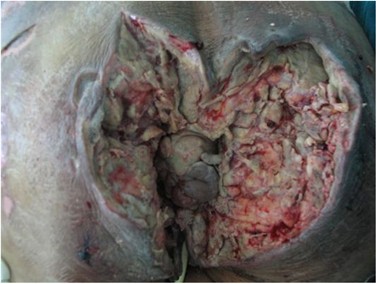
- Select a language for the TTS:
- UK English Female
- UK English Male
- US English Female
- US English Male
- Australian Female
- Australian Male
- Language selected: (auto detect) - EN
Play all audios:
Silencing extra chromosome in cell cultures could lead to new treatments for the disorder. Access through your institution Buy or subscribe This is a preview of subscription content, access
via your institution ACCESS OPTIONS Access through your institution Subscribe to this journal Receive 51 print issues and online access $199.00 per year only $3.90 per issue Learn more Buy
this article * Purchase on SpringerLink * Instant access to full article PDF Buy now Prices may be subject to local taxes which are calculated during checkout ADDITIONAL ACCESS OPTIONS: *
Log in * Learn about institutional subscriptions * Read our FAQs * Contact customer support REFERENCES * Jiang, J. et al. _Nature_ http://dx.doi.org/10.1038/nature12394 (2013). * Li, L. _B.
et al. Cell Stem Cell_ 11, 615-619 (2012). Article CAS Google Scholar Download references Authors * Beth Mole View author publications You can also search for this author inPubMed Google
Scholar RELATED LINKS RELATED LINKS RELATED LINKS IN NATURE RESEARCH Fetal tests spur legal battle 2012-Jun-27 Gene hunt is on for mental disability 2012-Apr-17 Why people with Down's
syndrome get fewer cancers 2009-May-20 RELATED EXTERNAL LINKS Jeanne Lawrence RIGHTS AND PERMISSIONS Reprints and permissions ABOUT THIS ARTICLE CITE THIS ARTICLE Mole, B. Researchers turn
off Down’s syndrome genes. _Nature_ (2013). https://doi.org/10.1038/nature.2013.13406 Download citation * Published: 17 July 2013 * DOI: https://doi.org/10.1038/nature.2013.13406 SHARE THIS
ARTICLE Anyone you share the following link with will be able to read this content: Get shareable link Sorry, a shareable link is not currently available for this article. Copy to clipboard
Provided by the Springer Nature SharedIt content-sharing initiative






